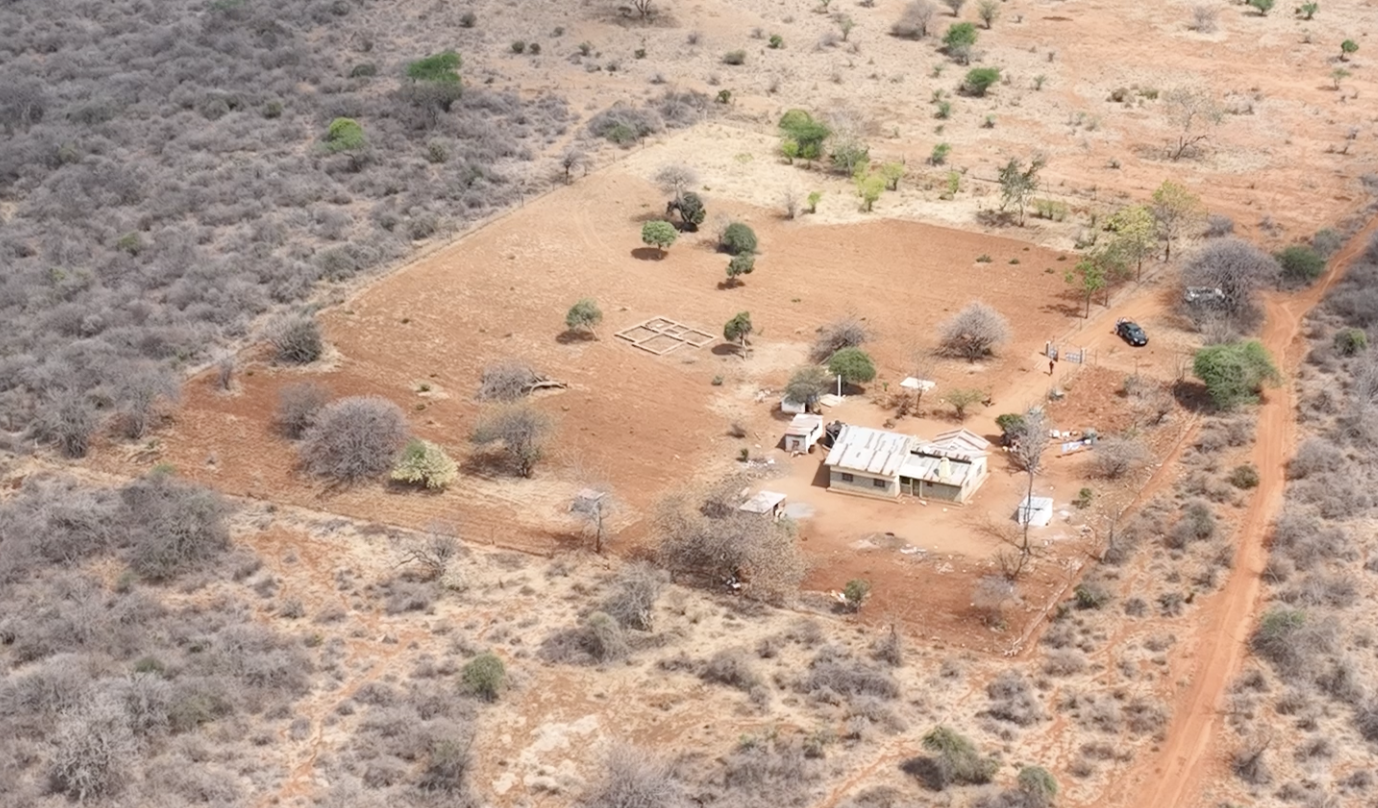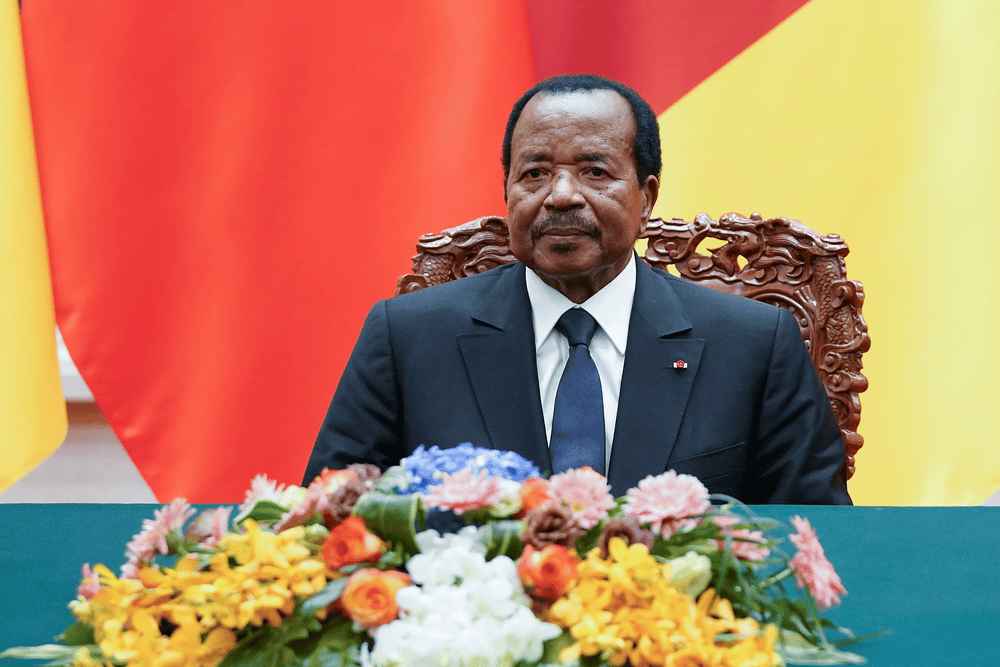East Africa Budget day. What are your expectations?

If you are in East Africa what are your expectations from your countries national budget?
East African countries Kenya,Uganda, Tanzania and Rwanda are today expected to read their budgets for the 2015/2016 financial year.
The countries get to read their budgets on the same day in line with the East Africa Community integration path that requires them to synchronize their budget processes as they move towards a single monetary union.
Kenya’s budget for this and next year is sasid to stand at 2.16 trillion shillings. It is the largest in Kenya’s history and East Africa.
This is 380 billion shillings more than last year’s budget that was 1.78 trillion shillings.
Much of public cash will in the next financial year be committed on boosting security, enhancing health services, education, agriculture as well as infrastructure projects.
On agriculture, irrigation is expected to be allocated at least 16.5 billion shillings to fund on-going irrigation projects countrywide and the Galana Irrigation Project.
Infrastructure is among priority areas for the budget. 58.5 billion shillings has been allocated to ongoing road constructions in the country, while 26.6 billion shillings will be channeled to road maintenance.
Uganda’s budget stands at sh24 trillion for the first time ever. That estimation has had government critics up in arms accusing President Yoweri Museveni’s government of pushing the country further and further into debt.
The budget comes in heavily weighted towards the works, energy, education and health sectors.However most of the money will be for repaying Uganda’s debt which has accumulated over the years.
Rwanda’s budget for the 2015/16 financial year is projected at Rwf 1,768.3 billion and will focus on improving agriculture, addressing energy supply constraints, infrastructure development.






